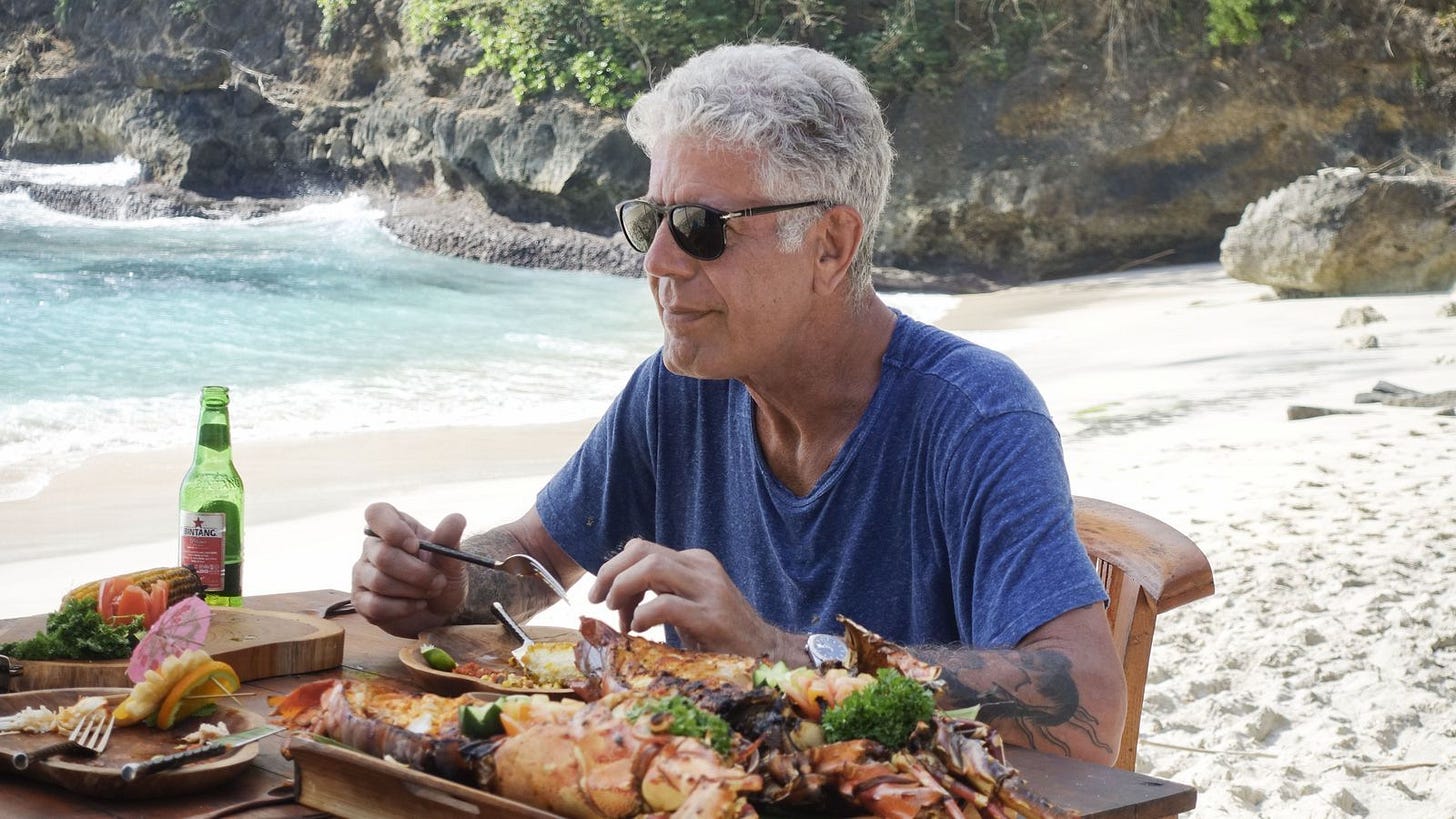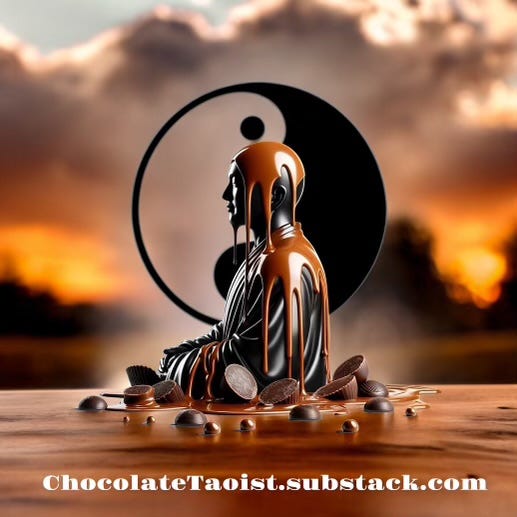In a world where expectations are meticulously crafted by society, the struggle to be who you truly are versus conforming to what others want you to be is a timeless quandary. Every day, you are bombarded with subtle and overt signals urging you to mold yourself into an image that fits societal norms.
These signals come from every direction—your family, friends, workplace, and media. The pressure is incessant, and before you know it, you might find yourself living a life that feels more like a performance than a true reflection of your inner self.
Consider this: you, standing in front of a mirror, gazing at a reflection that feels foreign. The person staring back at you wears the clothes of societal acceptance, speaks the language of conformity, and walks the path paved by others’ expectations. Deep down, a quiet voice whispers, asking if this is really who you are. Yet, you push that voice aside, fearing the repercussions of stepping out of the mold.
The Pretender in Me — A Humorous Anecdote:
Over the course of my life, I have tried, at times, to be someone I wasn’t, both personally and professionally. Imagine me, a free-spirited individual with a penchant for living a car independent lifestyle, living out of Airbnbs, attempting to fit into the sterile environment of traditional America. Back in the day when I was in corporate healthcare roles, I donned black Italian cut suits that felt like a straitjacket while attending meetings with my leadership honchos that seemed to suck the life out of me. I even tried to adopt the jargon—synergy, leveraging, stakeholder engagement—terms that rolled off my tongue with all the natural grace of a giraffe on roller skates.
My personal life wasn’t much different. I participated in activities I had no interest in, laughed at jokes that didn’t amuse me, and feigned enthusiasm for hobbies I found utterly dull. All in the name of fitting in, seeking approval, and chasing the elusive reward I thought I needed. Yet, the more I conformed, the more I felt like a hollow shell, a mere shadow of my true self.
Prostitutes to Money: The Capitalistic Conundrum
Many of us have become what can only be described as money prostitutes. Our soul work has been hijacked, morphing into slave work as we toil away at work that drains our spirit. In the relentless pursuit of financial security, we have become skeletal memories of our authentic selves. The capitalistic world demands our compliance, and in return, we receive the currency we need to survive. But at what cost?
Epictetus, a former slave who became one of the world’s most influential Stoic philosophers, once said, "Wealth consists not in having great possessions, but in having few wants." His words echo through the ages, reminding us that true freedom lies not in accumulating wealth, but in desiring less. Yet, in a society that glorifies material success, how do you break free from the chains of consumerism and rediscover your true self?
Being Unapologetically You: The Example of Anthony Bourdain and Madonna
Anthony Bourdain and Madonna serve as powerful examples of individuals who lived authentically. Bourdain, a celebrity food critic with a raw, unfiltered approach to storytelling and exploration, captivated the world by being unapologetically himself. He traveled, ate, and spoke with a candidness that resonated deeply with those yearning for genuine human connection.
Madonna, on the other hand, has continually reinvented herself while remaining true to her core essence. Her fearless defiance of societal expectations and her relentless pursuit of artistic expression have made her an icon of authenticity. Both Bourdain and Madonna exemplify the freedom and fulfillment that come from embracing who you truly are, regardless of external pressures.
The late celebrity food critic Anthony Bourdain
Stuart Wilde and the Concept of Tik Tok
Stuart Wilde, a Taoist and metaphysical teacher, introduced the concept of "Tik Tok" to describe the mundane rhythmic and inevitable flow of life. In his book, “The Trick to Money is Having Some,” Wilde suggested that money, while necessary, should not dominate your existence. Instead, he encouraged a mindset where you attract money effortlessly by aligning with your true self and purpose.
Wilde’s philosophy challenges you to view money not as an end in itself, but as a tool that can enhance your life without enslaving you. By shifting your focus from relentless pursuit to a state of relaxed receptivity, you can find a balance where financial stability coexists with personal authenticity.
Money as a Means of Survival
For many, money has become solely a means of survival. The daily grind, the paycheck-to-paycheck existence, leaves little room for self-exploration or creative expression. The fear of financial insecurity keeps you tethered to jobs that may not resonate with your true passions or values. Yet, within this struggle lies an opportunity for transformation.
Practical Eastern Philosophy: Finding Balance
To reclaim your authentic self while navigating the demands of a capitalistic world, consider these practical ideas rooted in Eastern philosophy:
Mindful Awareness: Cultivate mindfulness to become aware of when you are conforming to external pressures versus honoring your true self. Meditation, as practiced by Taoists, can help you stay centered and grounded.
Simplicity: Embrace the concept of minimalism. Reduce your desires and focus on what truly brings you joy and fulfillment. This aligns with Epictetus’ teaching on having few wants.
Purposeful Living: Identify your passions and talents. Find ways to integrate them into your daily life, even if they are not your primary source of income. This can bring a sense of purpose and satisfaction that transcends monetary rewards.
Detachment: Practice non-attachment to material possessions and societal expectations. This does not mean rejecting money, but rather not allowing it to dictate your sense of self-worth or happiness.
Your Tribe: Surround yourself with like-minded individuals who support your journey towards authenticity. A strong support system can provide encouragement and accountability as you navigate this path.
By embracing these principles, you can begin to unravel the layers of societal conditioning and reconnect with your true self. The journey may be challenging, but it is also profoundly rewarding. Remember, the world needs your unique voice and gifts. When you live authentically, you not only enrich your own life but also inspire others to do the same.
At a time that often demands conformity, choosing to be true to yourself is a revolutionary act. It requires courage, but the rewards—inner peace, fulfillment, and genuine connections—are immeasurable. So, take a deep breath, listen to that quiet inner voice, and embark on the journey to rediscover and embrace who you truly are.
The Chocolate Taoist ™ is a reader-supported publication. To receive new posts and support the world of independent writing, please consider becoming a free or paid supporter.







This was a lovely piece. Lot's of connection here for me. I studied with Wilde in the 1990s, knew Madonna in NYC in 1981, and created a translation of the Tao te Ching